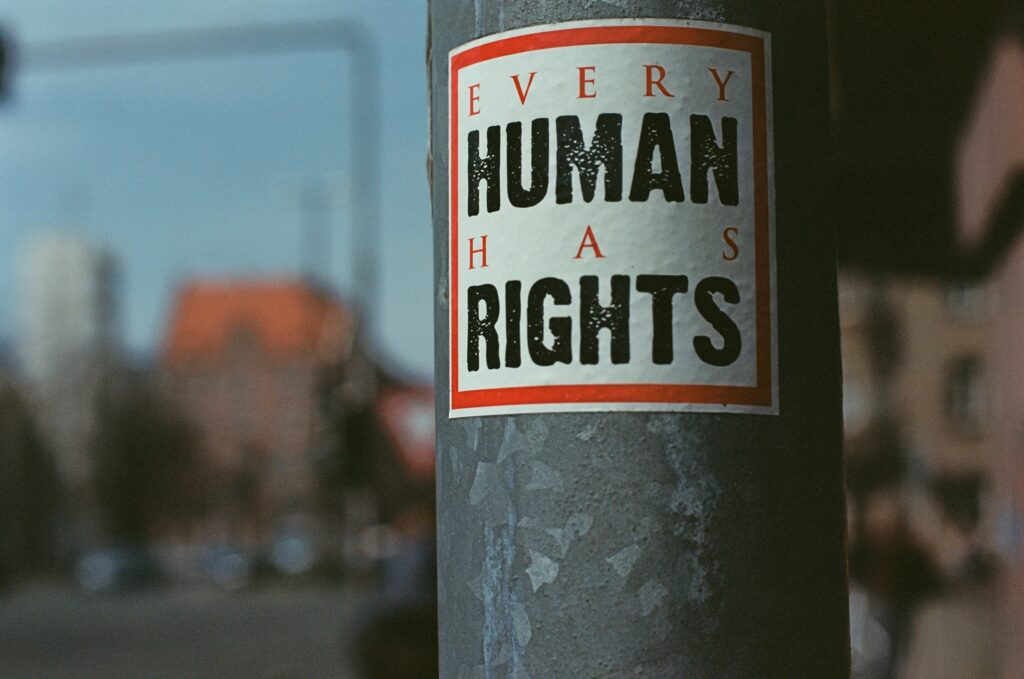World Benchmarking Alliance’s 2026 assessment of 2,000 companies reveals critical action levers. Key insights ahead.
Category Archives: Grievance Mechanisms
Learn how whistleblower protection prevents costly litigation and reputational damage while strengthening internal governance frameworks.
Ksapa joined IHRB’s event on corporate leadership during global conflicts. Here are the main insights we learned across discussions.
Ksapa partner session at OECD forum examines investors’ role in identifying and preventing forced labor risks in mineral supply chains.
Understand the implications of the new regulation on forced labour ban put in place by the European Union (EU) with expertise from Ksapa.
The administrative burden is an argument often put forward by companies and MEPs as a reason not to promote CS3D. Is this true?
Insights and suggestions on how to ensure business adopt a robust human rights lens in understanding, addressing and mitigating social issues
The Norway’s Transparency act is pursuing three purposes. Understand its application and implications for corporations in this article.
Ksapa is leading a working group of 12 international investment funds and investment companies to strengthen their consideration of human rights issues. Learn how investment funds apply Principal Adverse Impacts and DNSH principles to enhance sustainable finance practices.
Explore how human rights shape business strategy, as leaders face growing pressure for transparency and accountability
- 1
- 2











